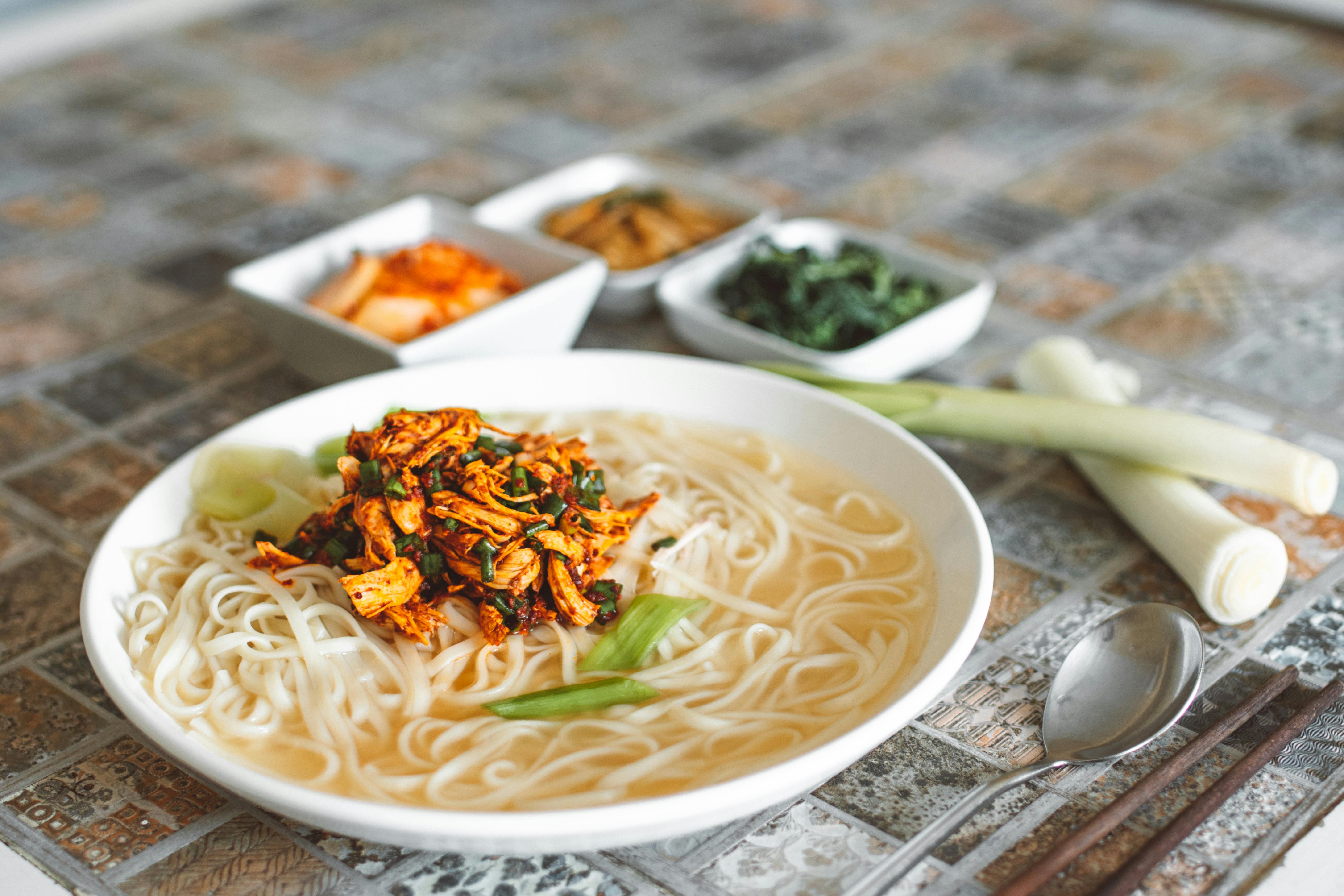Looking for a cutting board? Go teak
What is the most important thing when it comes time to choose a new cutting board? Sight? Durability? Functionality
All of these factors are important, of course, and each material offers its own set of benefits and advantages. However, only one material is legendary for excelling in each of these aspects: teak.
Sure, boat builders and furniture makers are familiar with this beautiful hardwood, but very few home cooks are aware of the benefits of teak in the kitchen. Until recently, teak wood cutting boards were the most used by superstar chefs on television. However, the rise of renewable plantation teak has provided a cheaper and conflict-free source of materials for serious chefs and serious fans of kitchen design.
Teak is an ideal material for cutting boards for the same reasons that it is prized by boat builders and outdoor furniture manufacturers: it is extremely stable, beautiful and durable. Unlike stiffer materials like bamboo, teak is tough enough to resist knife blades yet soft enough to keep them sharp, one of the reasons it’s a favorite among professional chefs.
Another reason teak is so popular with cooking enthusiasts is, of course, its beautiful wood grain. Sure, there are plenty of other cutting board options, but few, if any, are so impressive that they will be passed down as family heirlooms. Not only does teak absorb oil well, but many prefer the rustic silver patina that occurs when the wood is naturally aged.
The secret to teak’s success is its high content of natural oil. These oily resins really repel moisture and that’s the amount of teak outdoor furniture that lasts over a century. Well, if it can stand up to the elements, you can be sure it can stand up to the wear and tear of the average kitchen.
Although the edge grain and face grain construction styles showcase the exotic wood grain of teak, the end grain (or butcher’s block) provides the best cutting performance. End grain boards not only keep knives sharper longer, they have self-healing properties that resist knife marks.
If sustainability is a top priority, plantation teak is a renewable and conflict-free alternative to Southeast Asian teak. Environmentally conscious suppliers like Proteak offer cutting boards grown on organic plantations in Latin America.
